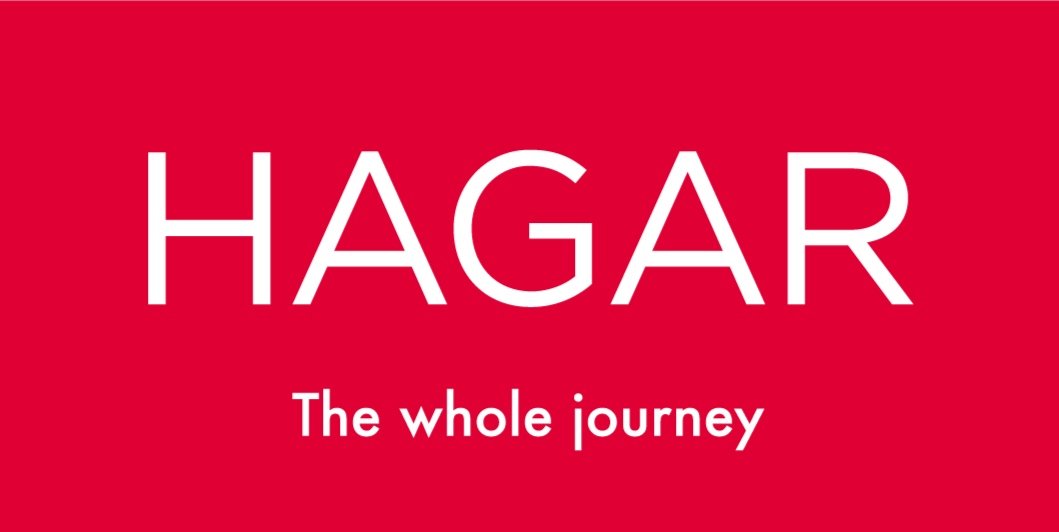Tackling the Roots of Slavery and Exploitation in Vietnam
“Fun, engaging, and meaningful.”
These were the words participants used to describe a recent workshop in Phình Hồ commune, Yên Bái province. For many who attended, the demands of daily life had pushed joy and family connection aside. Happiness, they shared, was something rarely thought about—let alone intentionally nurtured.
In a warm and respectful space, the session gave participants a rare chance to pause, reflect, and reconnect. Couples and community members discovered small but powerful ways to strengthen family relationships. One message stood out above the rest: every person longs for a happy family—a place where each member feels seen, heard, and cared for.
One participant captured the heart of the session:
✨ “Sometimes, we need to set our ego aside to truly understand one another. That’s how we create peace at home.”
At Hagar, we know that preventing domestic violence begins long before a crisis occurs. It starts in everyday choices—listening, sharing, and showing respect. But the significance of these workshops goes far beyond building happy families.
To end slavery, trafficking, and abuse, we must look at the root causes that allow these injustices to thrive. Gender-based violence is one of the strongest drivers. When violence is normalised at home, it creates cycles of vulnerability, especially for women and children. In remote areas of Vietnam, these vulnerabilities are exploited by traffickers who prey on those with limited protection, voice, or opportunity.
By tackling gender-based violence directly, we are not just responding to symptoms—we are addressing a root cause of slavery.
This workshop is part of the project Reducing Gender-Based Violence and Supporting At-Risk Women and Girls in Northern Ethnic Minority Communities of Vietnam. Implemented by Hagar International in Vietnam across Văn Yên and Trạm Tấu districts, Yên Bái province, the project has been co-designed with local actors who deeply understand the context.
Working alongside the Australian Department of Foreign Affairs and Trade (DFAT) through Hagar Australia, we have identified gender-based violence as a critical issue in these communities and shaped a project that builds on local strengths while addressing local needs. From training community leaders to creating safe spaces for dialogue, every activity is grounded in partnership and respect for those most affected.
Hagar’s mission is to see communities free and whole - where survivors of slavery, trafficking, and abuse can heal and thrive, and where exploitation no longer has the conditions to grow.
Our mission recognises that to achieve this mission, we must:
Provide direct support for survivors so they can heal from trauma and rebuild their lives.
Strengthen families and communities so they are resilient, safe, and less vulnerable to exploitation.
Address root causes of abuse—such as gender-based violence, poverty, and lack of opportunity—so that cycles of harm are broken.
Work in partnership with local actors and governments to ensure change is sustainable and locally led.
This project in Yên Bái is a living example of that mission in action. By raising awareness, equipping families with practical tools, and promoting healing, we are reducing gender-based violence and, in turn, closing off pathways to slavery and trafficking.
The workshops in Phình Hồ are just one step in a larger journey. But they point to a powerful truth: when individuals and families are empowered to build safe, supportive relationships, entire communities are strengthened.
Ending slavery requires this kind of holistic approach—one that heals, prevents, and transforms. By working with DFAT, local partners, and communities themselves, Hagar is helping to create the conditions where slavery and abuse can no longer take hold, and where every person has the chance to live with safety, dignity, and hope.



